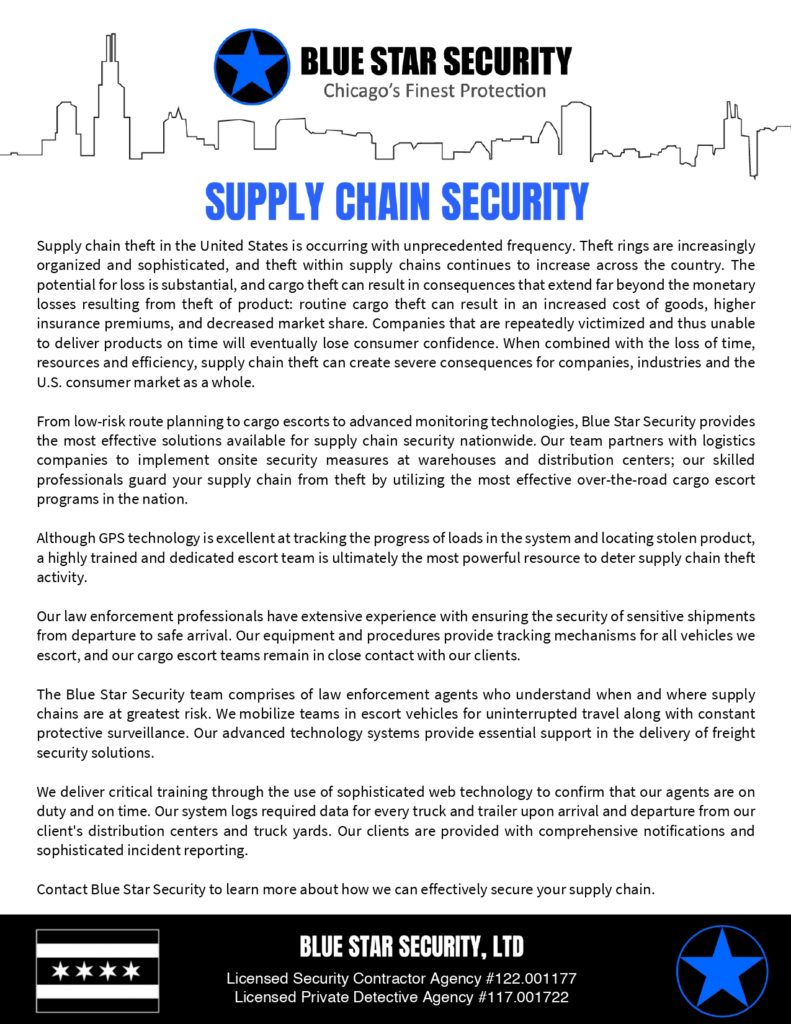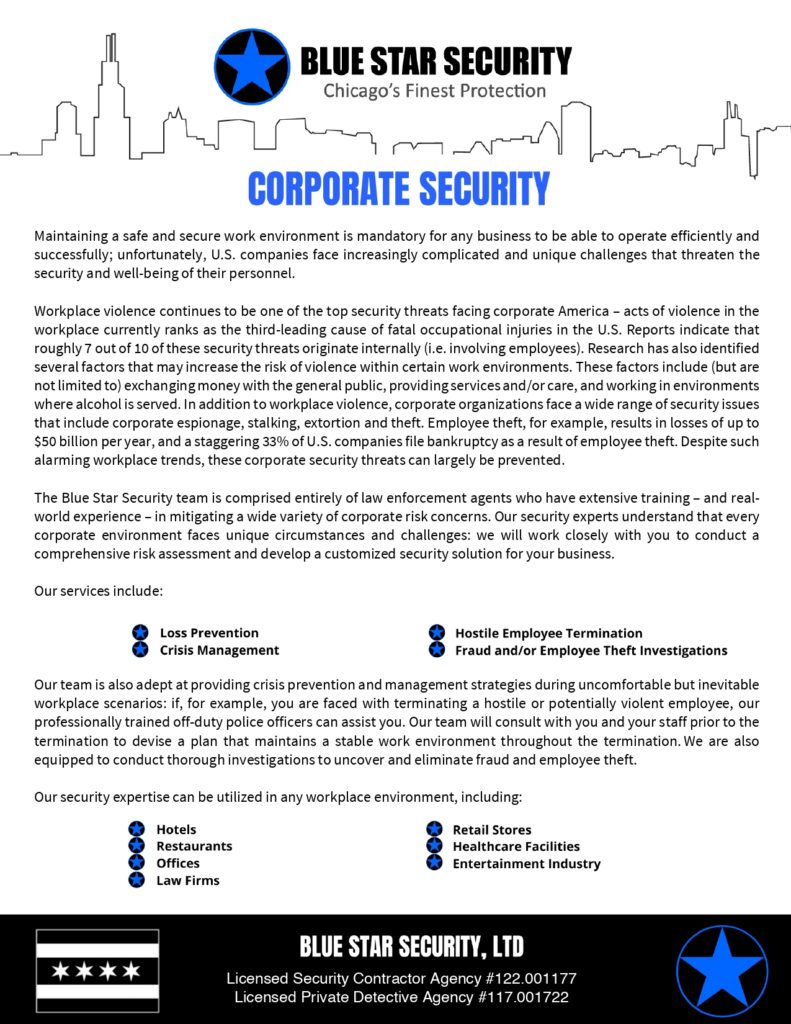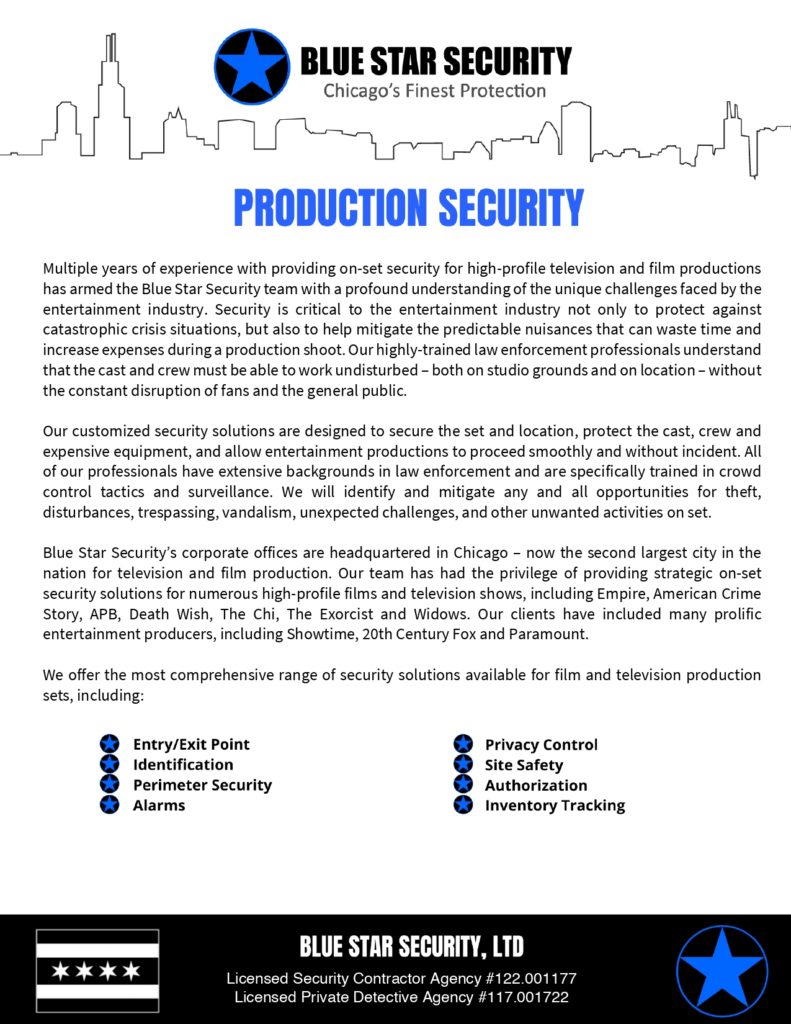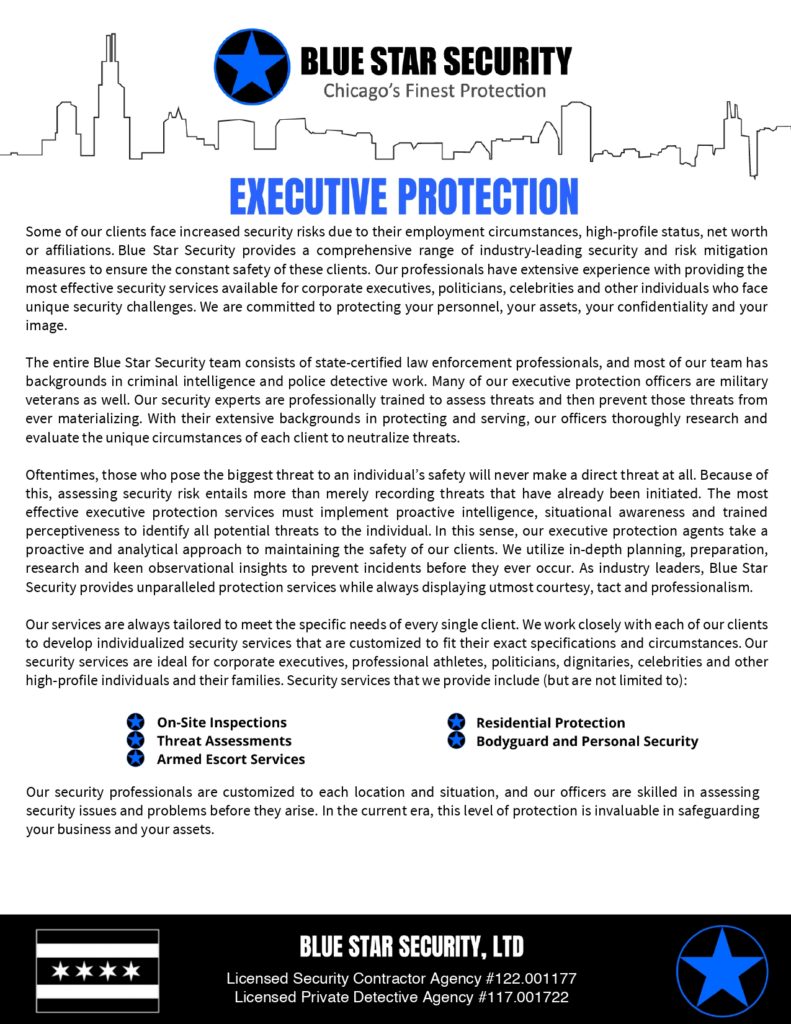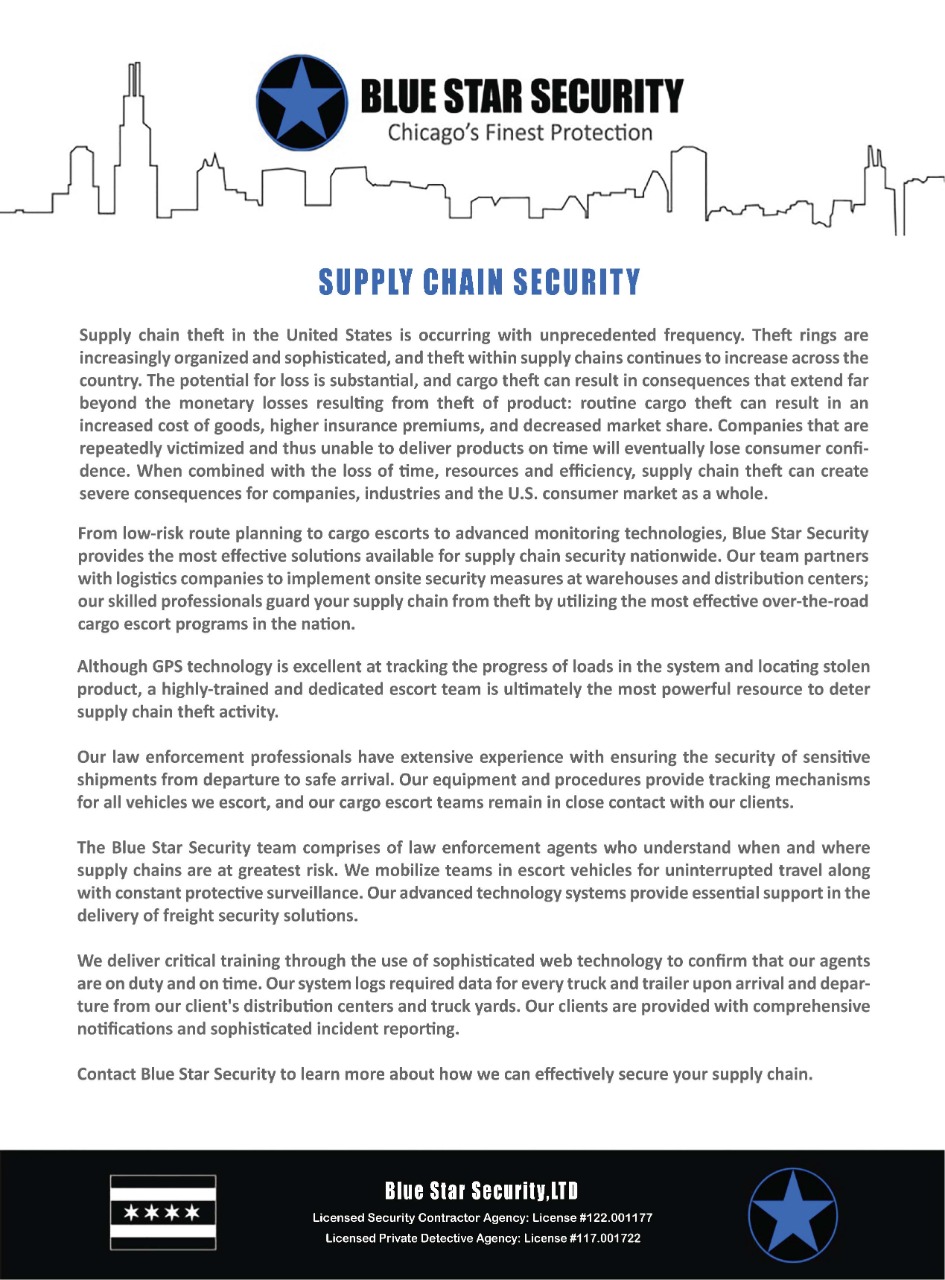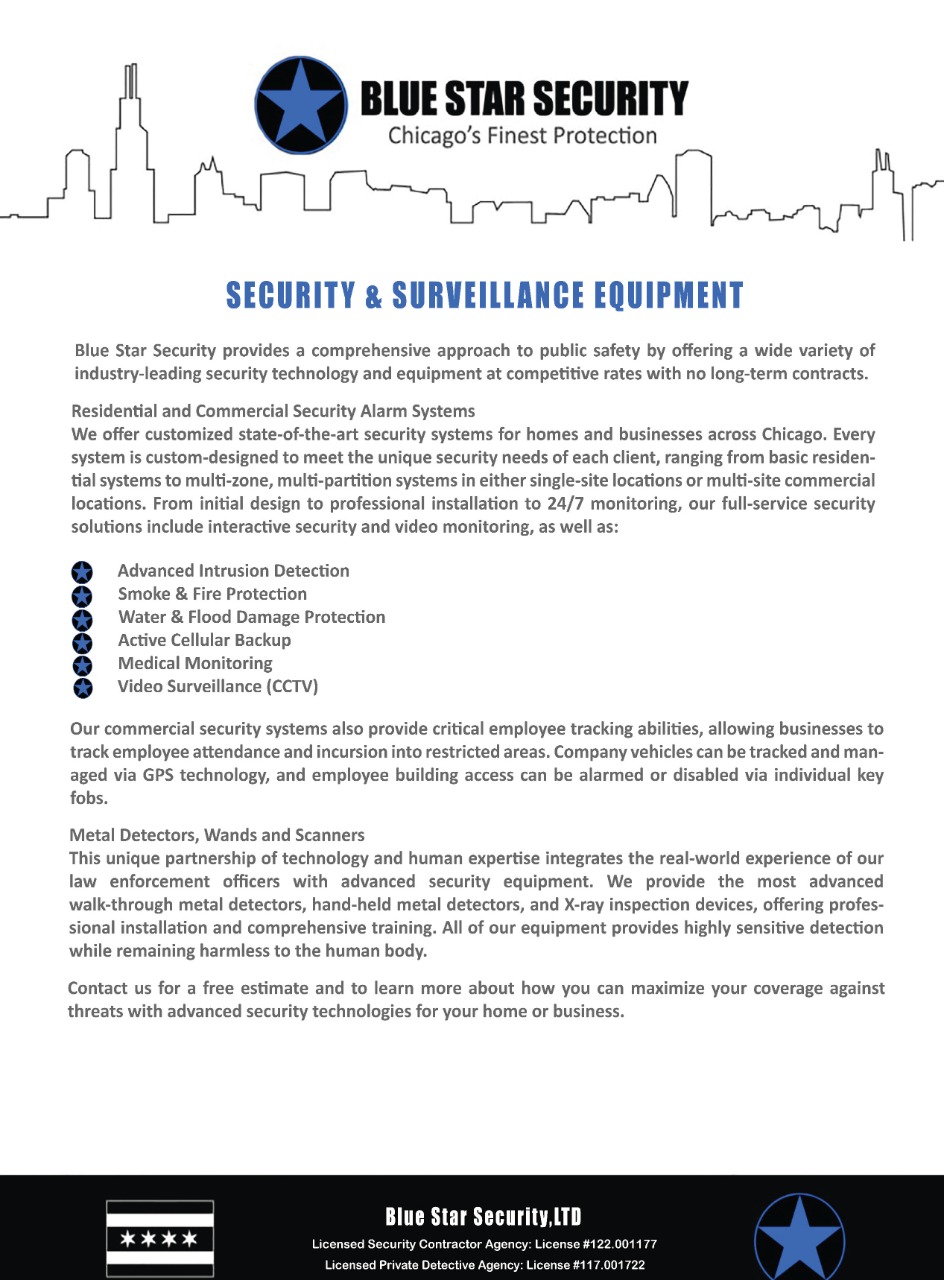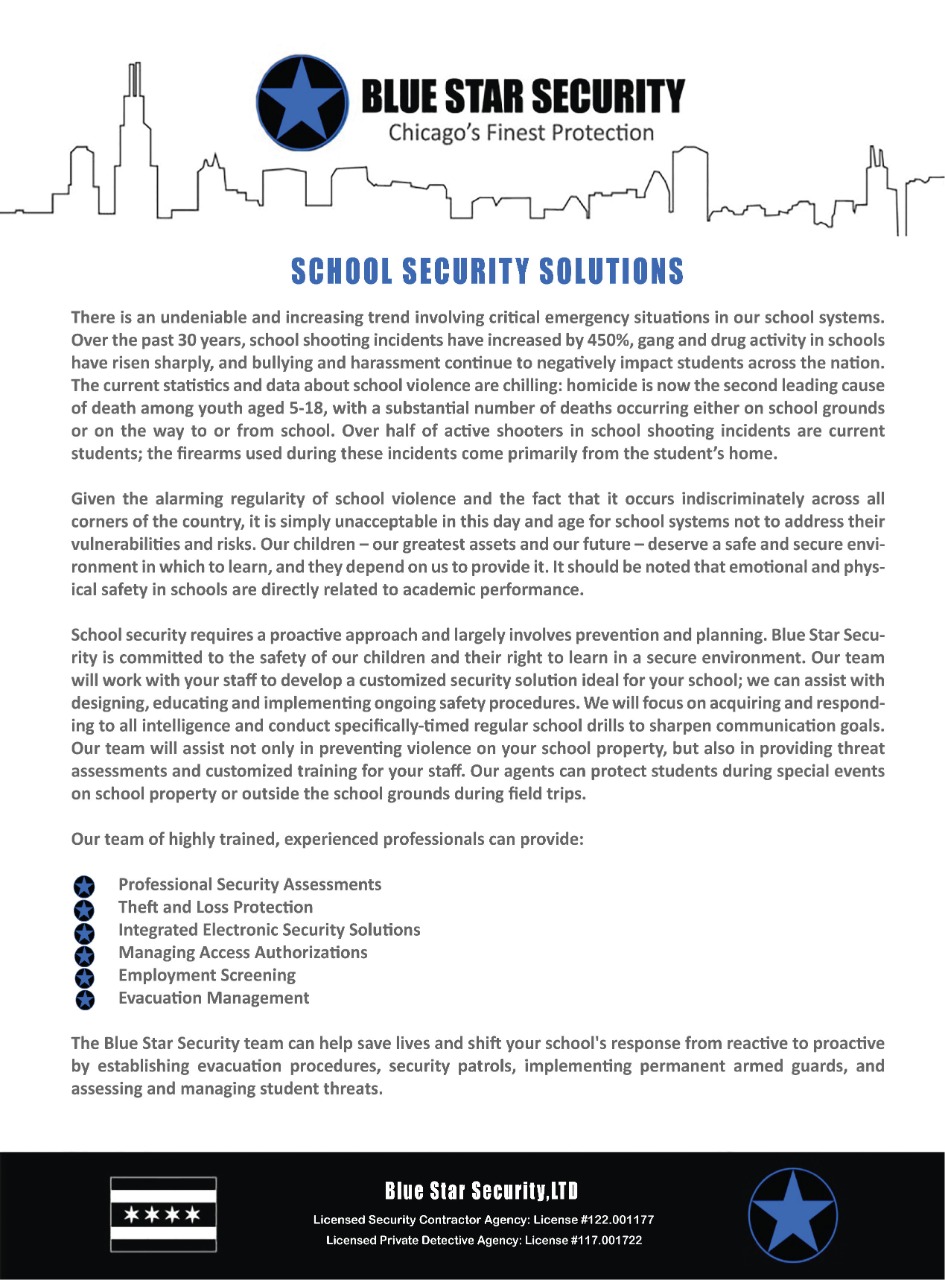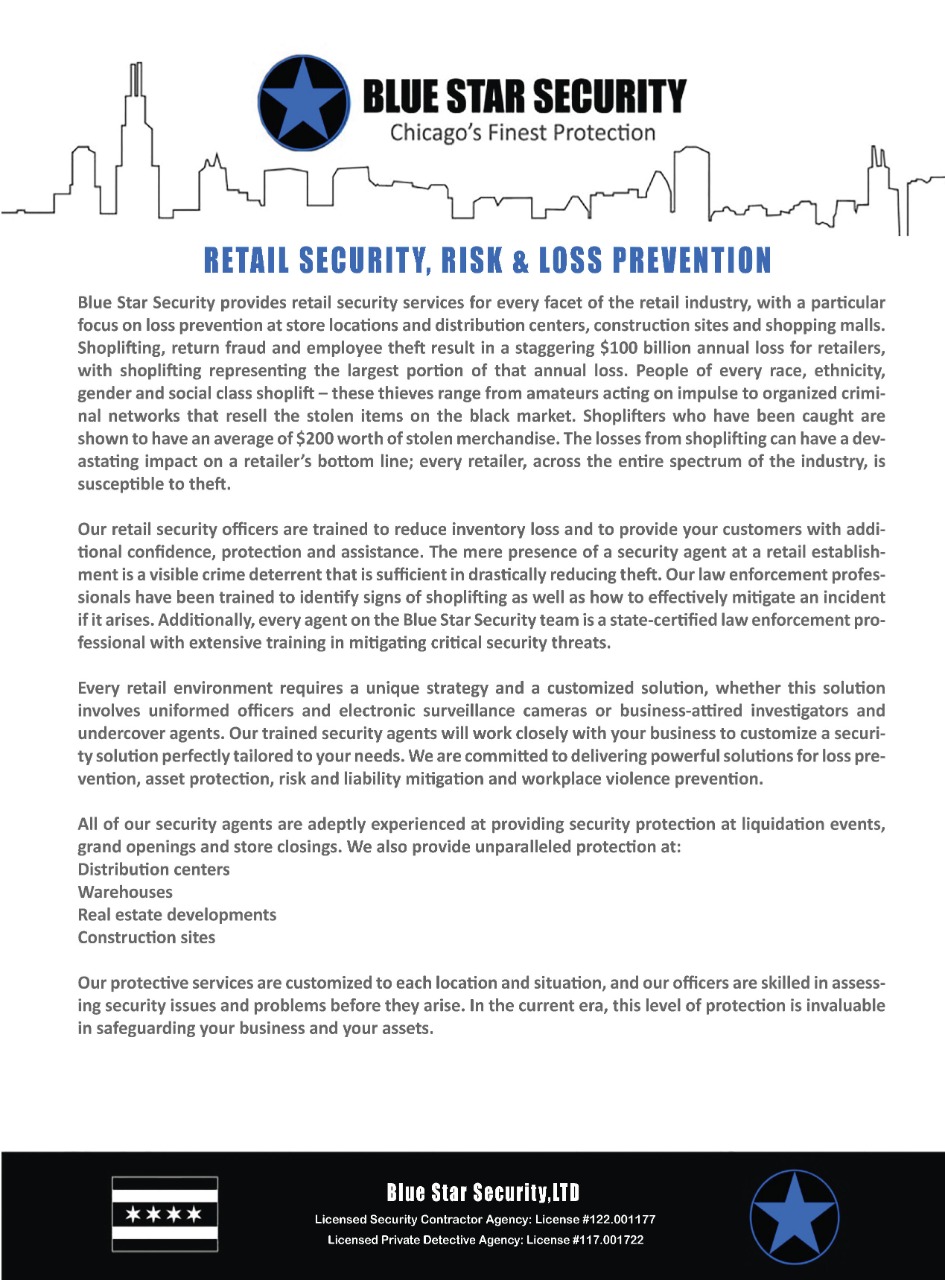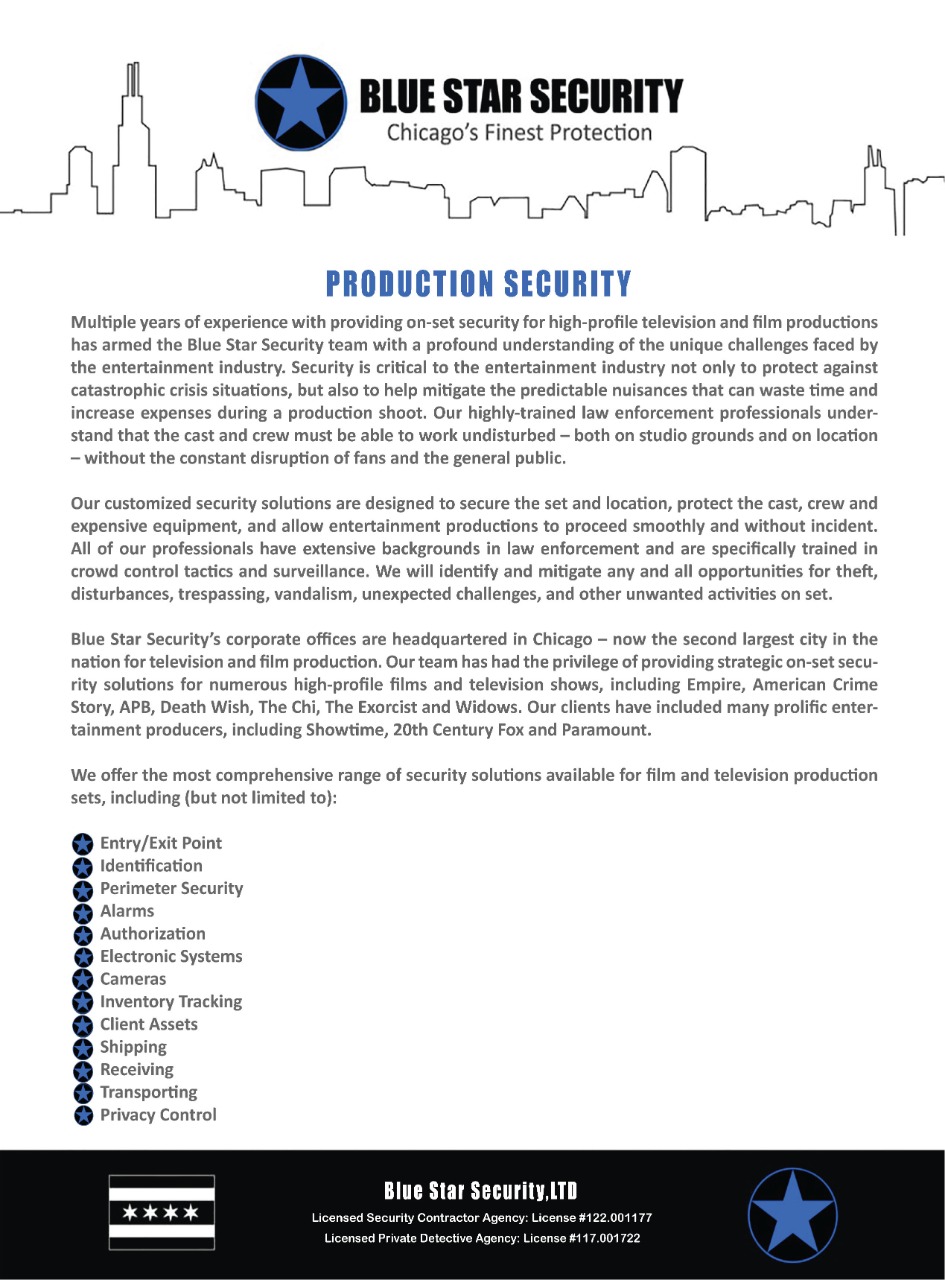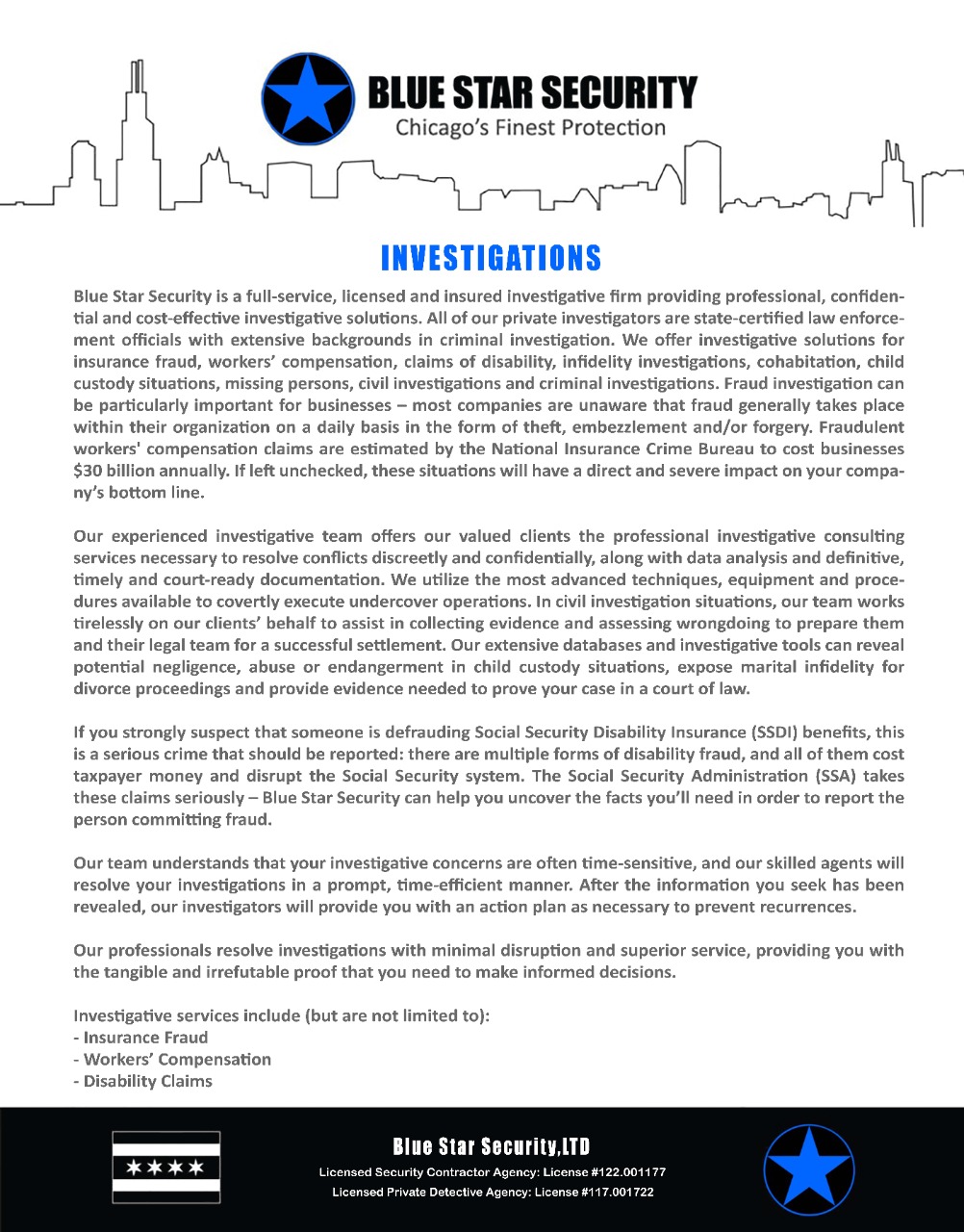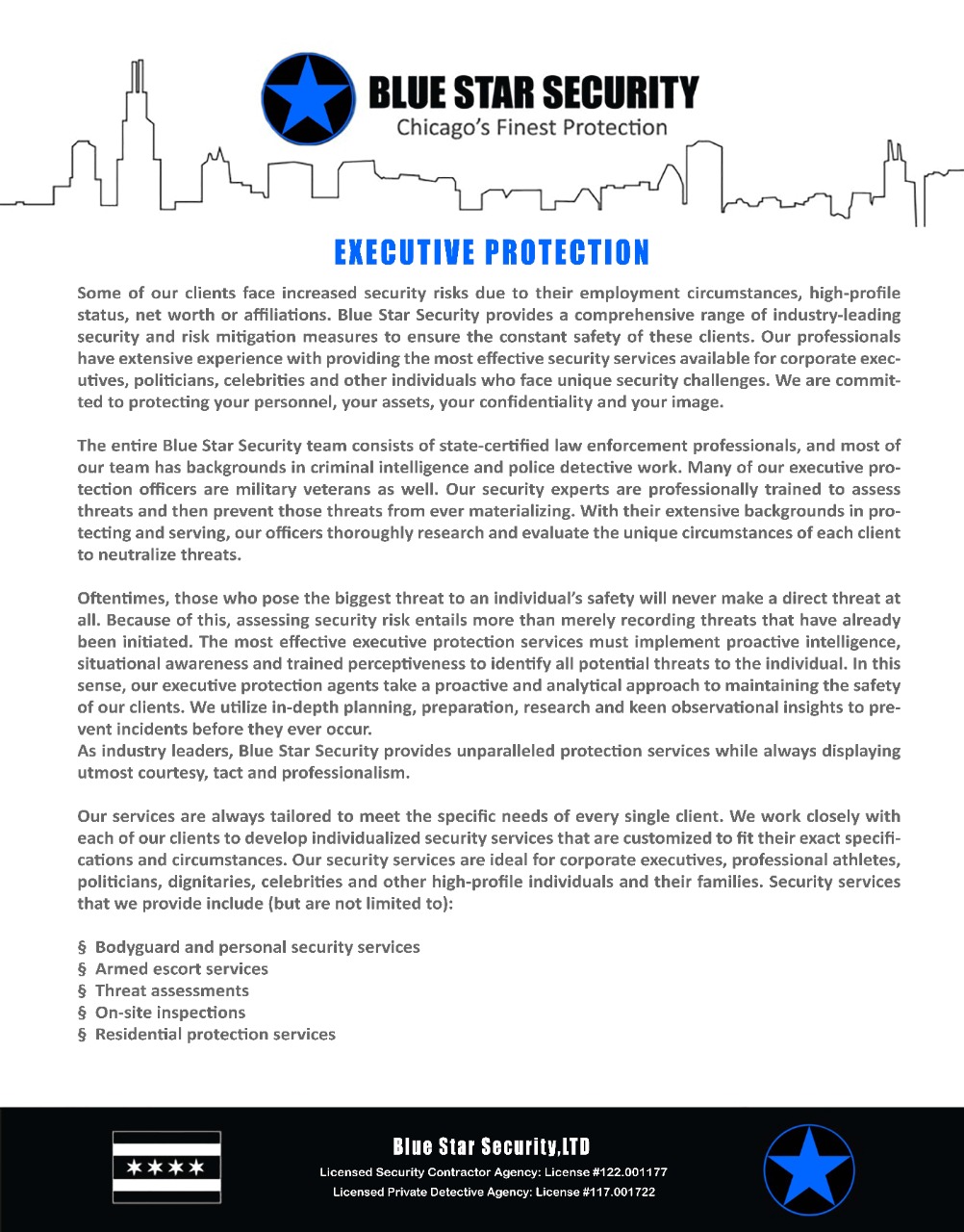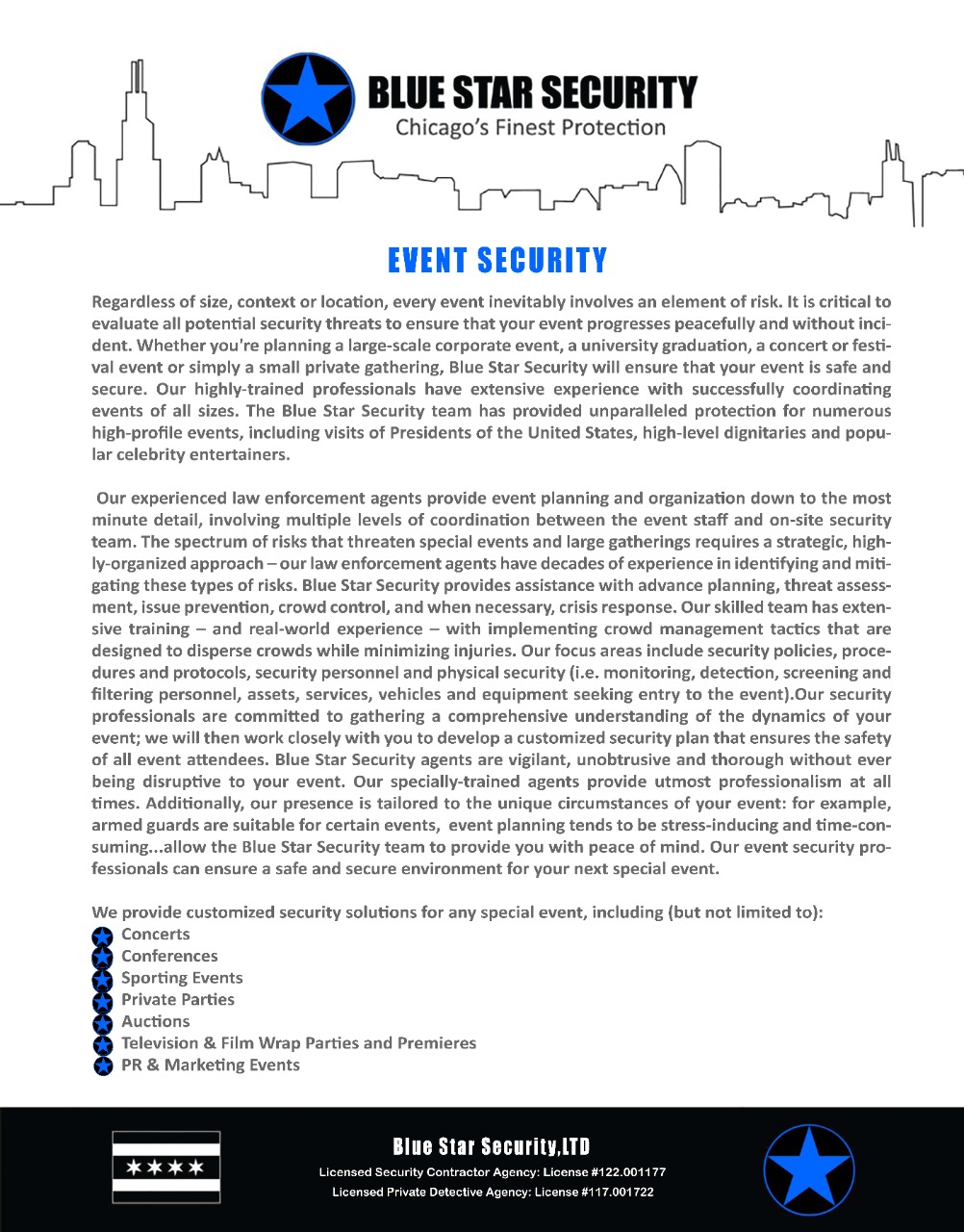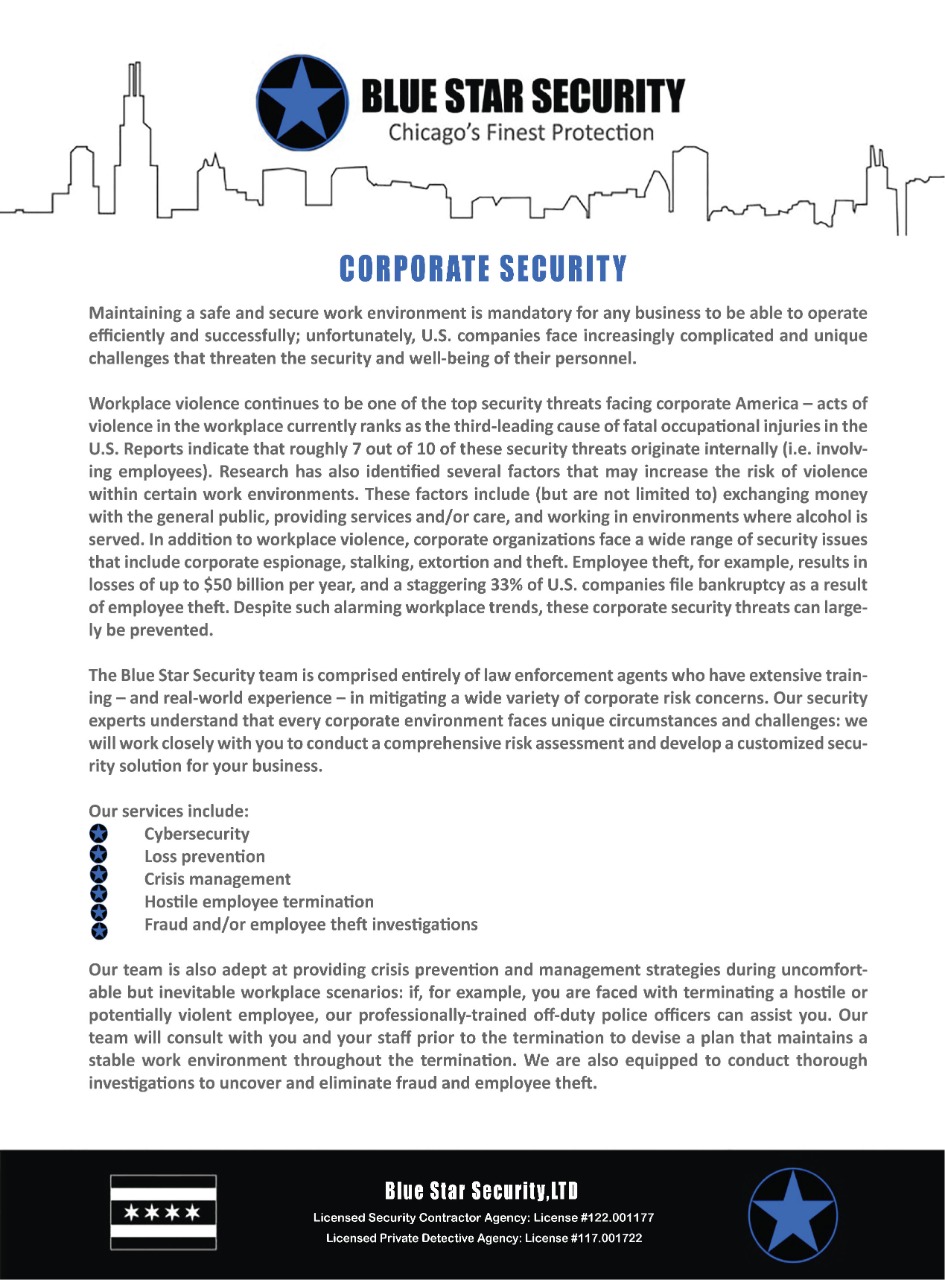In recent years, businesses of all sizes have grappled with enduring disruptions in their supply chains. A recent survey conducted by ISACA reveals a significant surge in supply chain security threats over the past couple of years, posing considerable challenges for both businesses and consumers.
The survey highlights that 25% of respondents reported encountering an attack on their supply chain within the past year. These incidents, coupled with widely reported delays in the supply chain caused by various factors, have placed security concerns in the forefront of priorities for leaders in the field of supply chain security.
The need for strategic adjustments has become apparent, as evidenced by the outcomes of a March 2023 Economist Impact survey sponsored by GEP.
According to the survey, an overwhelming majority of nearly 60% of respondents expressed the belief that their respective companies must undertake substantial transformations to effectively tackle the upcoming supply chain challenges within the next 12 months.
Supply chain risk mitigation has now evolved into a crucial element of both risk management strategies and information security programs.
It is imperative to incorporate these security risks into your incident response plans to proactively counter security vulnerabilities that could potentially enable third-party data breaches and supply chain attacks.
Supplier Fraud
Supplier fraud, also known as vendor fraud, occurs when cybercriminals masquerading as reputable retailers manipulate payment processes. These fraudulent activities are challenging to detect as fraudsters employ sophisticated social engineering techniques, such as AI-generated voicemails, phishing attacks, and Deepfake video recordings.
The impact of fraud on global supply chain security extends beyond the supplier realm. An escalating number of data breaches are attributable to third-party vendors falling prey to various social engineering and fraud schemes.
The prevalence of fraud continues to rise, particularly in the wake of the pandemic. According to the Federal Trade Commission, fraud-related losses in 2021 exceeded $5.8 billion for American citizens, representing a $2.4 billion increase compared to 2020.
Third Party Vendor Risks
Third-party vendor risks pose a significant threat to the security and efficiency of a supply chain. In today’s globalized business environment, organizations increasingly rely on external vendors and partners to enhance their operations. However, entrusting critical functions to third parties introduces a range of potential vulnerabilities. These risks include compromised data security, intellectual property theft, inadequate quality control, supply disruptions, and regulatory non-compliance. It is essential for businesses to carefully assess and manage these risks through comprehensive due diligence, robust contractual agreements, regular audits, and ongoing monitoring of third-party vendors. By implementing effective risk mitigation strategies, organizations can safeguard their supply chains and maintain the trust of their customers and stakeholders.
Digital Risks
Digital risks are an inherent consequence of the ongoing digital transformation. The presence of multiple entry points in the supply chain has facilitated the infiltration of cyber criminals into business networks and the compromise of sensitive data. Companies face challenges in assigning responsibility for safeguarding internal systems across various business functions. Frequently, when a supply chain attack transpires, different functions engage in a blame game, making it difficult to determine accountability. As organizations incorporate an increasing number of digital solutions into their ecosystems, the potential for cybercriminals to exploit network gateways also escalates. These vulnerabilities can arise from software weaknesses, such as zero-day exploits or overlooked configuration errors.
When neglected, these digital risks can manifest as significant threats to the supply chain, including:
- Ransomware attacks
- Security breaches
- Malware infections
- Disruptions in processes
- Intellectual property theft
Addressing and mitigating these digital risks is crucial to maintaining the security, continuity, and integrity of the supply chain in today’s rapidly evolving digital landscape.
Data Protection
Ensuring data integrity across the supply chain remains a critical security concern. Comprehensive security measures should be implemented to safeguard all data states, whether at rest or in motion. Of particular importance is the implementation of robust data encryption practices, especially when exchanging information with third-party integrations. It is essential to recognize that hackers are aware that a target’s third-party vendor often possesses access to sensitive data, making stringent encryption protocols crucial to prevent unauthorized access and data breaches. By prioritizing data security measures, organizations can enhance the overall integrity and protection of their supply chain ecosystem.
Poor Visibility
Poor visibility poses a significant threat to supply chain security. When there is a lack of transparency and real-time information regarding the movement of goods and services across the supply chain, it becomes challenging to identify potential vulnerabilities or detect security breaches. This limited visibility makes it easier for malicious actors to exploit gaps in security and carry out unauthorized activities such as theft, counterfeiting, or tampering with products. Additionally, poor visibility hinders effective risk assessment and timely response to disruptions, further amplifying the potential impact of security threats on the entire supply chain ecosystem. To mitigate this threat, organizations must invest in technologies and systems that provide end-to-end visibility, enabling them to proactively monitor and secure their supply chain operations.
A constant state of disruption is likely to be the new normal for businesses. To get past these uncertain times and deal effectively with ongoing challenges, they should build supply chains that are agile, resilient as well as sustainable. And to succeed in this endeavor, they need to invest in supply chain security measures. Frequently, when a supply chain attack transpires, different functions engage in a blame game, making it difficult to determine accountability. The key for supply chain leaders is to ‘see’ the entire supply chain, detect any deviation in real-time and act proactively to mitigate potential threats.
The Blue Star Security team comprises of high-level law enforcement agents who understand when and where supply chains are at greatest risk. From low-risk route planning to cargo escorts to advanced monitoring technologies, Blue Star Security provides the most effective solutions available for supply chain security nationwide.
Our team specializes in providing security protection and logistical security solutions to companies importing high-value freight through the Chicago gateway, providing each client with comprehensive notifications and sophisticated incident reporting.
Contact the Blue Star Security team to discuss a customized plan for the security of your supply chain and your enterprise: call us at 708-669-7470 or contact us online at https://bluestarsecurityllc.com/contact-us/
To learn more about our supply chain security services, visit https://bluestarsecurityllc.com/services/supply-chain-security/


